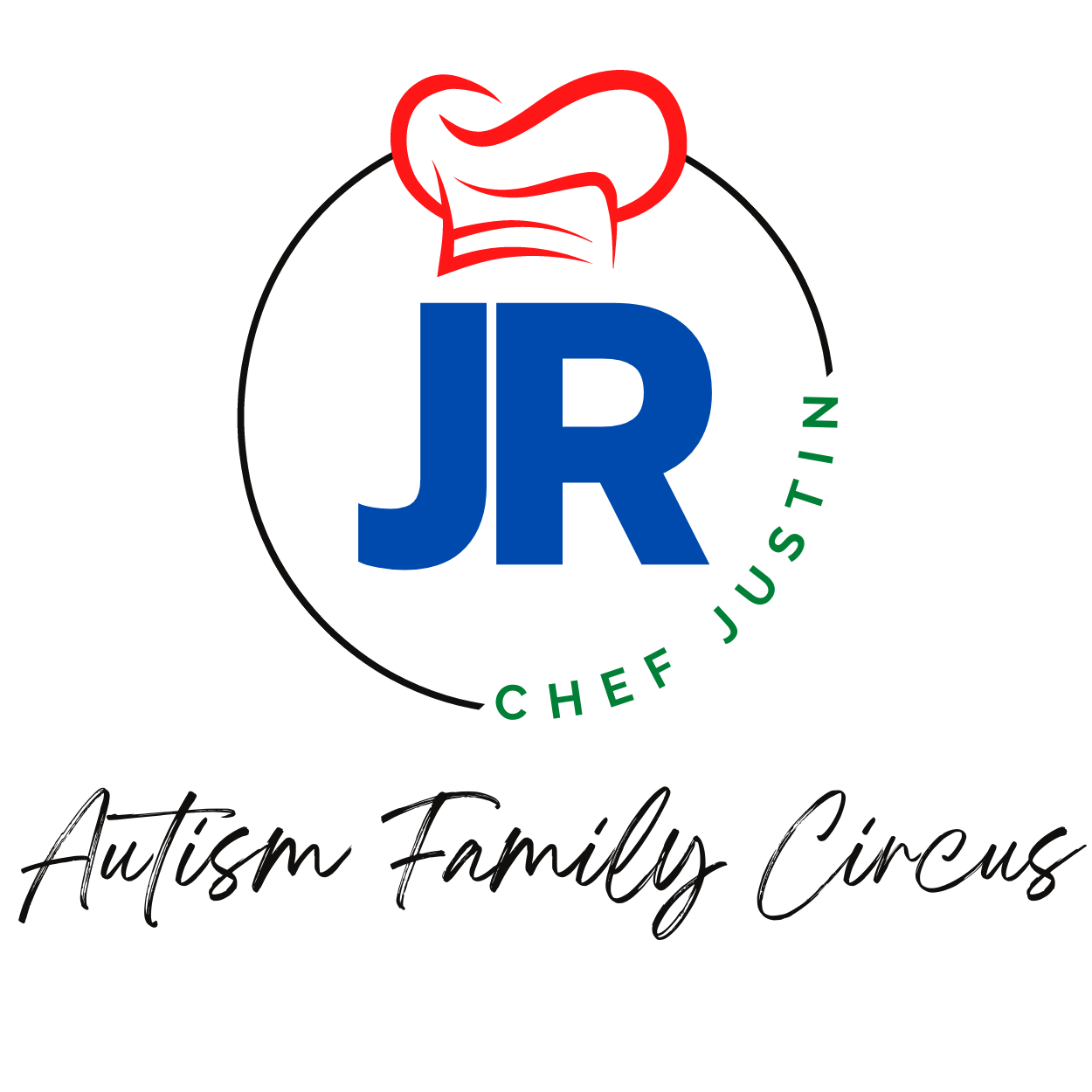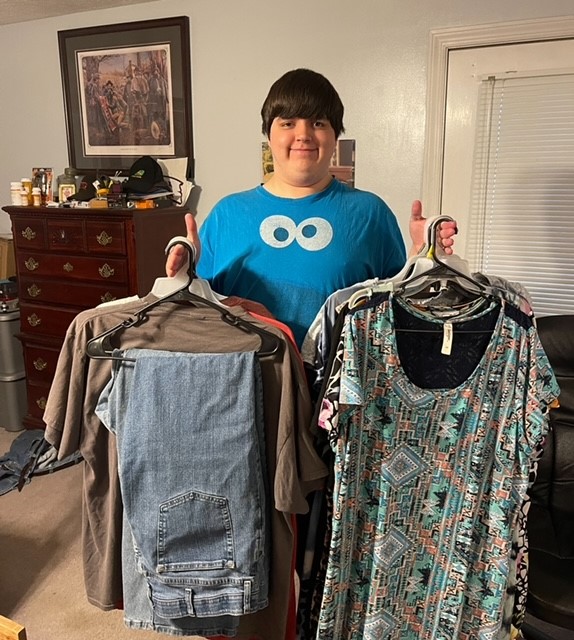1. Start early: Begin preparing your teen with autism for adulthood as early as possible. This can include teaching life skills, independence, and self-care tasks. We made sure Justin learned early self care. Also how to clean and do laundry. He began loading the dishwasher at age 3.2. Focus on strengths: Identify your teen’s strengths and interests, and help them develop these skills to prepare for future employment or education opportunities. Justin loved the kitchen from an early age so we just made sure he got every opportunity.3. Encourage social interactions: Teach your teen with autism social skills and how to navigate social situations. Encourage friendships and connections with others. We still struggle with this. Eye contact is a daily exercise as well as speaking clearly.4. Develop a transition plan: Work with professionals, educators, and therapists to create a transition plan that outlines goals, supports, and services needed for adulthood. Justin’s high school teachers were great. We are still working on driving.5. Provide support and guidance: Offer ongoing support, guidance, and encouragement to your teen with autism as they transition into adulthood. Seek out resources and services that can assist with their individual needs. We don’t know if Chef Justin will ever be self sufficient enough to live on our own but we are trying.

